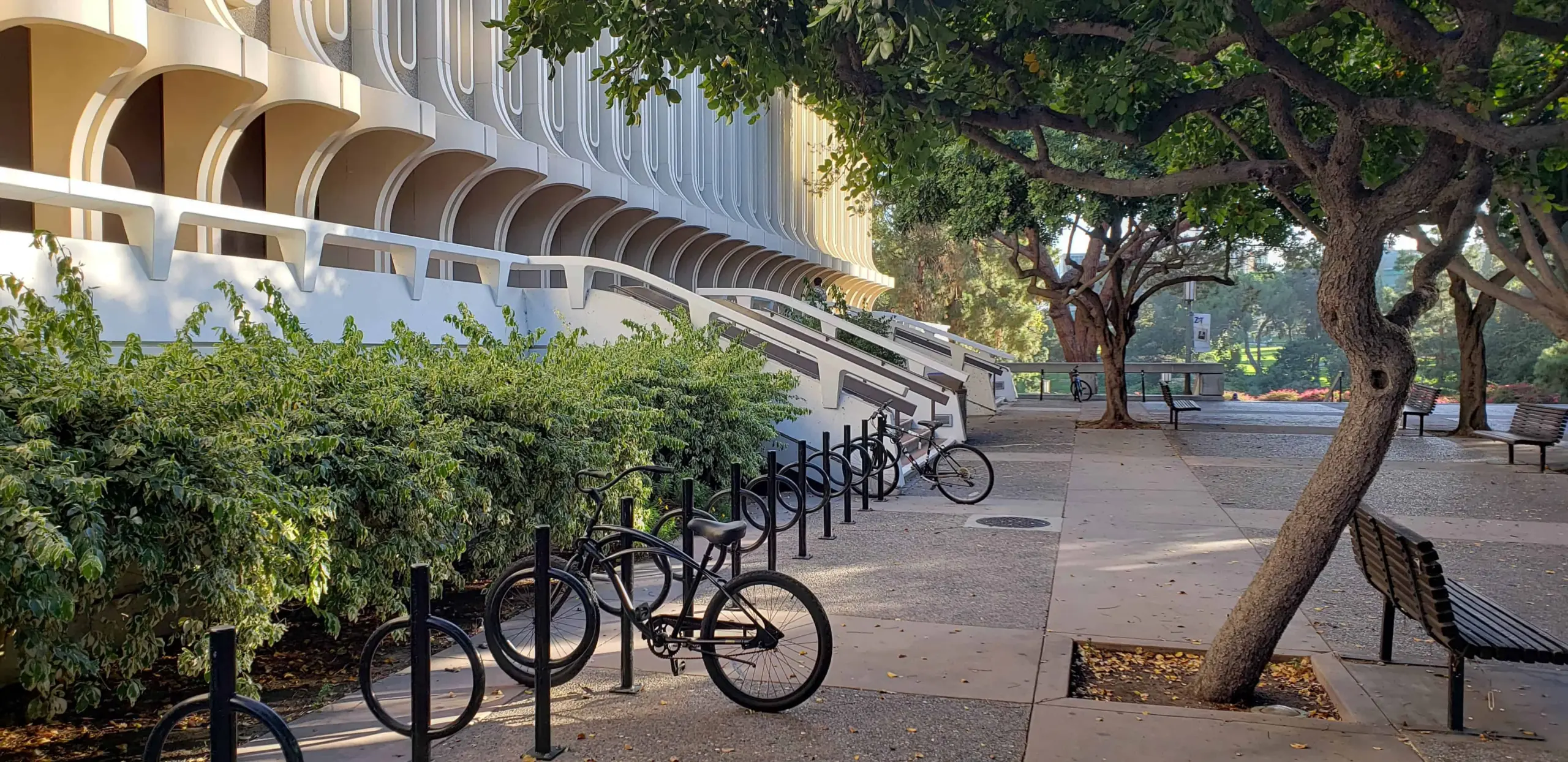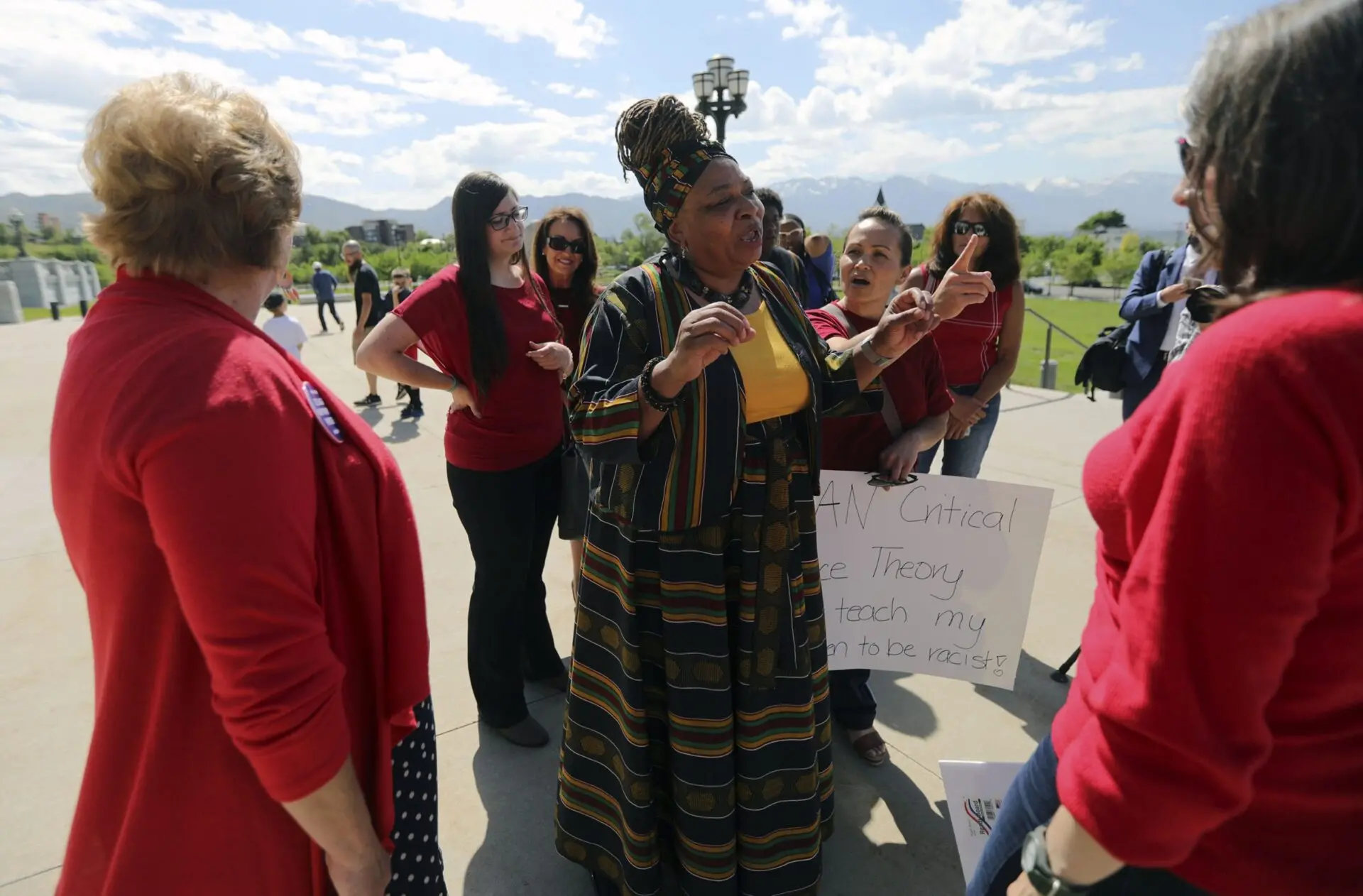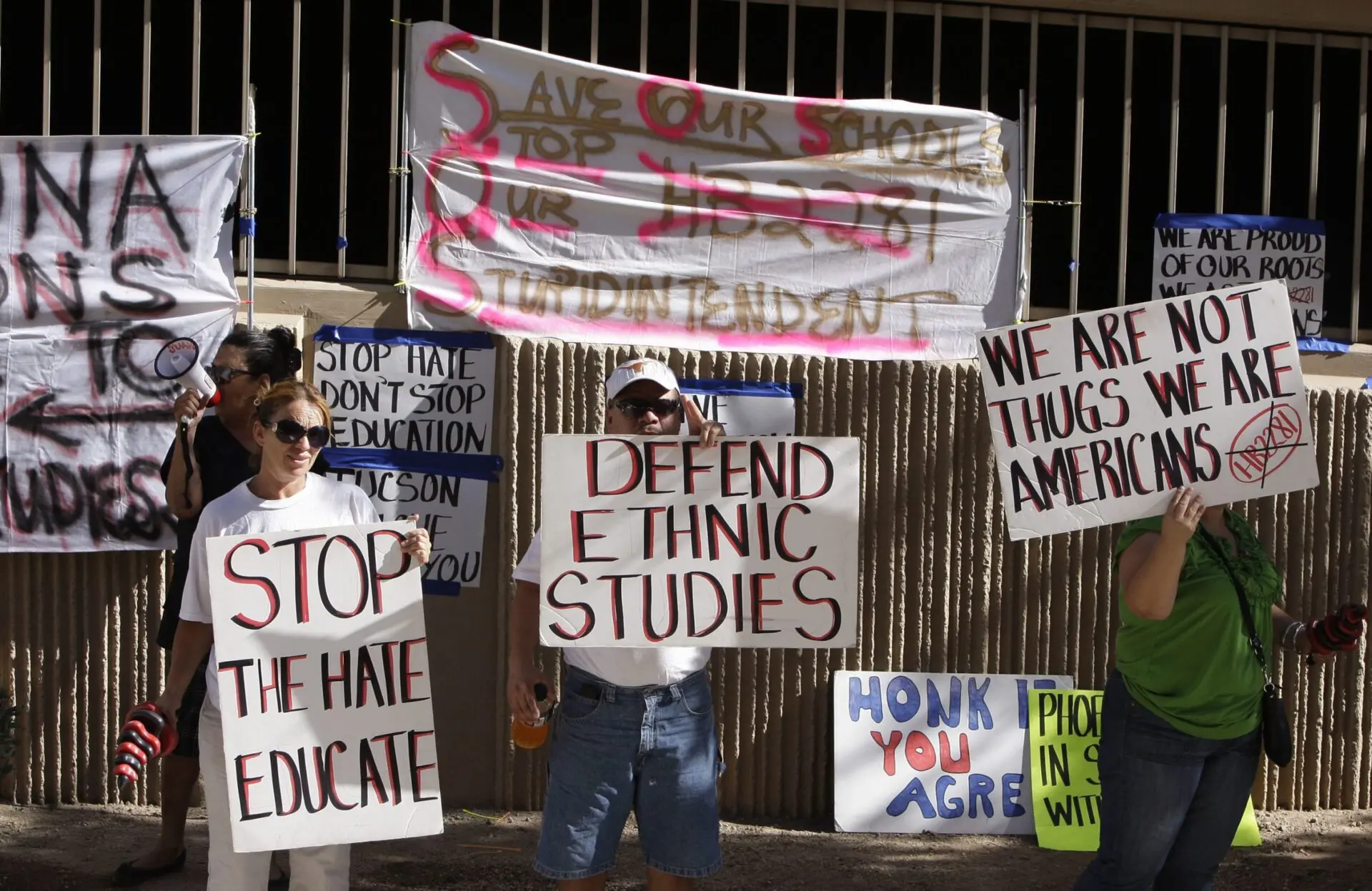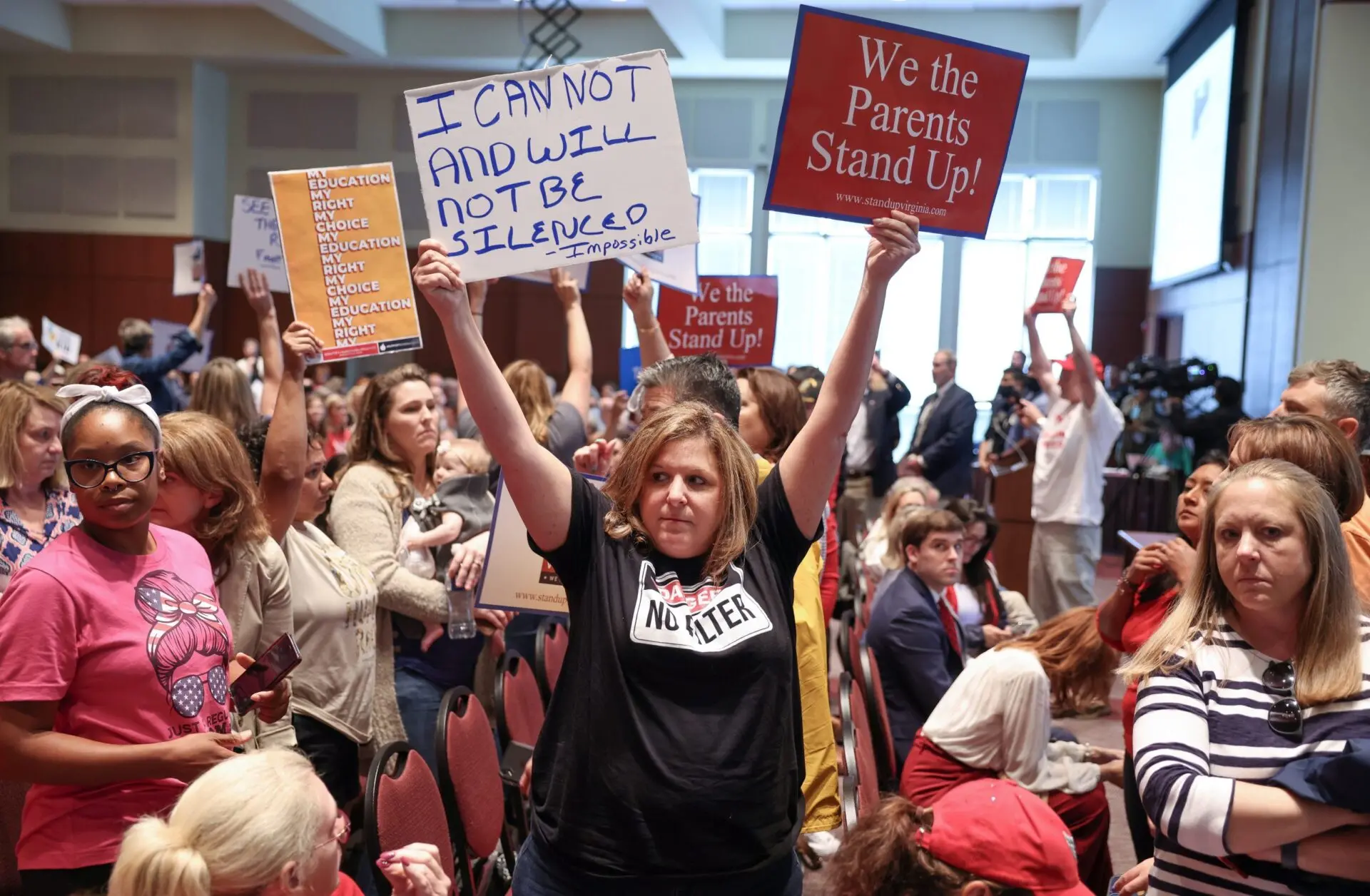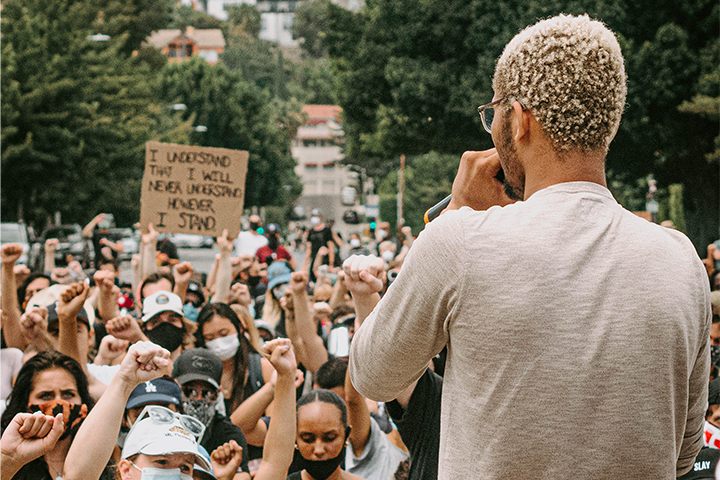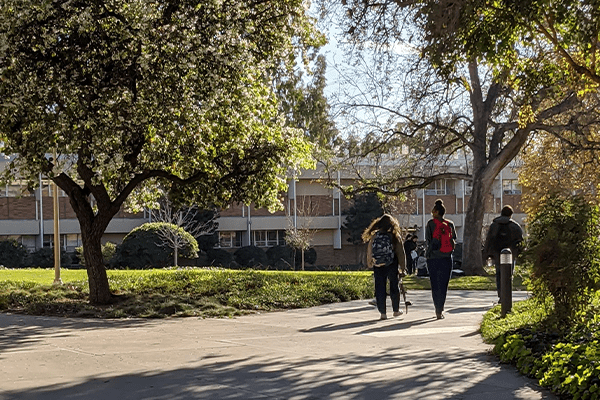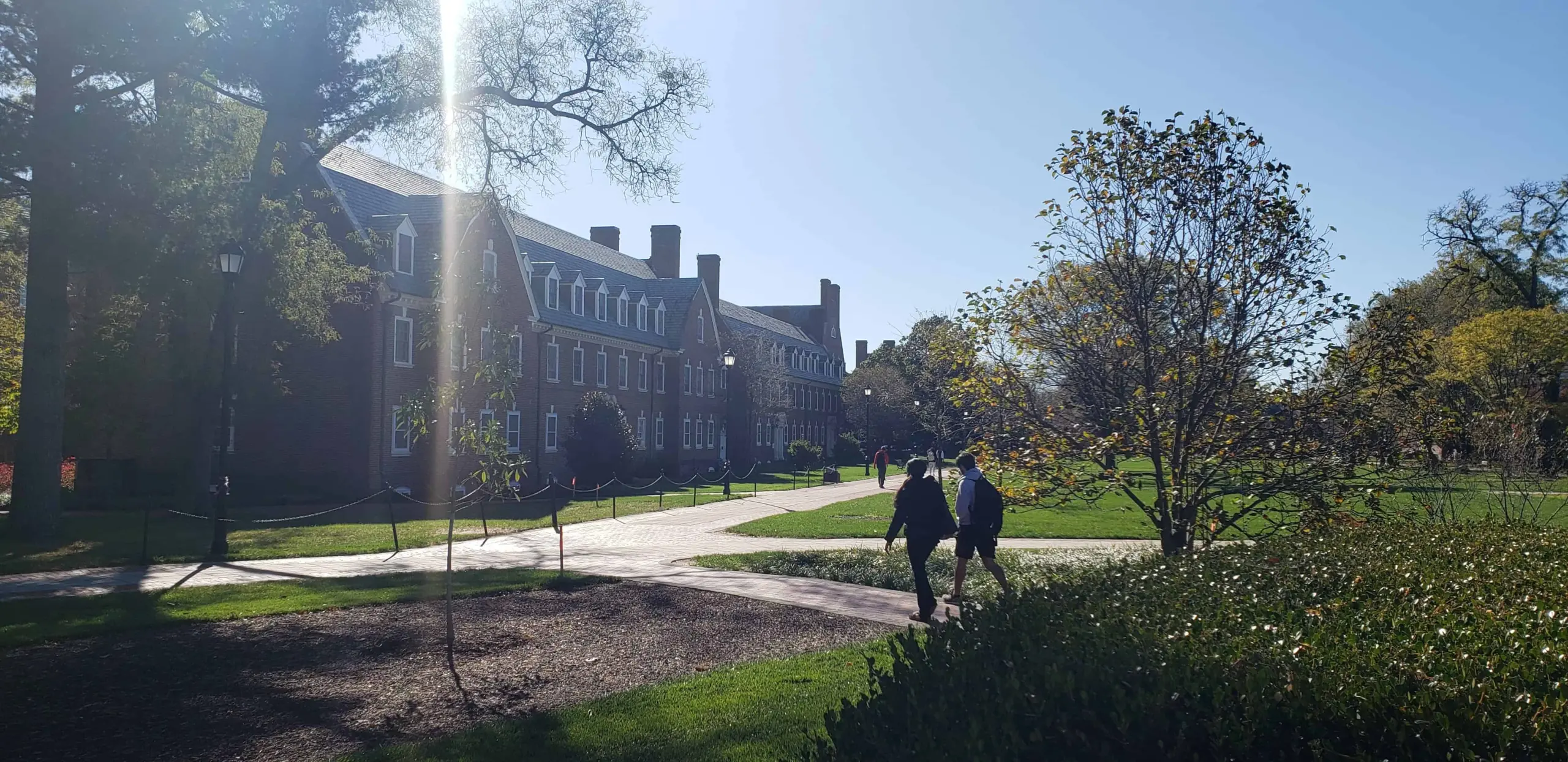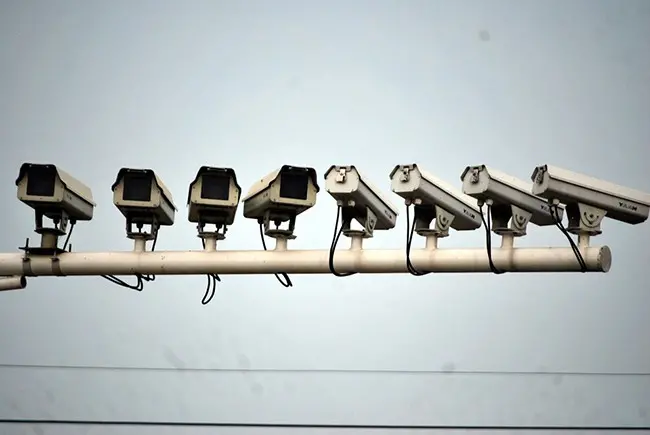Last week, Ilya Shapiro announced his resignation from Georgetown University following the conclusion of an investigation by the University’s Office of Institutional Diversity, Equity and Affirmative Action (IDEAA), which had been tasked with determining whether his Twitter commentary in January violated the University’s policies on Equal Opportunity and Non-Discrimination in Employment and Education, and Policy Statement on Harassment. Shapiro stated that his resignation was a direct response to language in IDEEA’s report on the investigation.
PEN America was given access to the IDEAA report with the stipulation that the organization could quote from it, but not post it in full. Upon reviewing the report, we conclude that it contains several statements that are concerning from a free expression standpoint.
Background
In February, Shapiro was set to become executive director of Georgetown’s Center for the Constitution. The week prior to his start date, he tweeted that his pick for the Supreme Court vacancy was Sri Srinivasan, a male judge of South Asian descent. “Objectively best pick for Biden is Sri Srinivasan, who is solid prog & v smart,” Shapiro wrote on Twitter. “Even has identity politics benefit of being first Asian (Indian) American. But alas [Srinivasan] doesn’t fit into the latest intersectionality hierarchy so we’ll get lesser black woman. Thank heaven for small favors?” The tweet ignited outrage, with many in the Georgetown community calling for his termination for the comment, saying it was denigrating and discriminatory toward Black women. Shapiro, who deleted and apologized for the tweet, was placed on leave for ensuing investigations by Georgetown’s HR department and by the IDEAA Office; these investigations lasted from February to June.
Ultimately, the IDEAA report does not conclude explicitly that Shapiro’s tweets violated University policies, on the grounds that he was not yet an employee at the time the comments were made. It also acknowledges that Shapiro’s views on affirmative action are protected by the university’s free speech policy and that his tweet “was not directed at a particular individual.” However, the report does conclude that Shapiro’s comments “denigrated individuals based on race, gender, and sex,” that they “had a significant negative impact on the Georgetown community,” and that “if he were to make another, similar or more serious remark as a Georgetown employee, a hostile environment based on race, gender, and sex likely would be created” – a comment Shapiro cited as making his future employment at Georgetown “untenable.”
Concerns
As a free expression advocacy organization, we are troubled by the criteria upon which Georgetown University’s IDEEA report determines that the tweet had a “significant negative impact” that could constitute what the harassment policy terms “severe or pervasive” conduct. The report cites an open letter signed by over 1,000 students and student organizations, letters from alumni, and a student sit-in as evidence of the tweet’s “impact.” However, these examples demonstrate only a general unhappiness with or anger at Shapiro’s words, not any specific or direct impact on individual students. As the University’s own harassment policy notes, “the injured party’s perception of the offensiveness of the alleged conduct, standing alone, is not sufficient by itself to constitute harassment” – yet that is exactly how the report uses this evidence.
Similarly, the report determines that the conduct could be interpreted as pervasive by observing that, “By posting his words on a social media platform, the Respondent’s words had the potential to reach millions of individuals, including each member of the Georgetown Law community.“ But this approach suggests, wrongly, that the “potential” impact of an offensive comment on Twitter is as or more damaging, purely because of its public nature, than if the same comment were made directly to a student or in a classroom.
These assertions also rely on an interpretation that the “plain words” of Shapiro’s tweet can only be taken to mean that he considers all Black women “lesser” and unqualified for a Supreme Court nomination. While PEN America agrees that the tweet is manifestly offensive, the report’s reading of the tweet’s meaning is not the only possible interpretation; Shapiro’s own interpretation — that he was saying anyone else would be lesser than Srinivasan, his preferred choice for justice — is plausible.
The University’s policy on free speech makes clear that “wide latitude” must be given to speech in the academic context; yet, taken as a whole, the report appears to foreclose on the space for open discussion, by suggesting in vague terms that a “similar” remark from Shapiro would “likely” be in violation of these policies in the future. In using such vague language, the report fails to offer Shapiro effective guidance on what “remarks” might be considered grounds for further investigation, reprimand, or termination under the university’s harassment policy. This is a case that calls for precision: much of the investigation is concerned with teasing apart fine distinctions between Shapiro’s unpopular political views, his intent in writing the tweet, and the impact the tweet had on students. By using unspecific language in describing what conduct could lead to future discipline, the report collapses those distinctions and leaves the conclusion that any number of future statements by Shapiro, whether protected under Georgetown’s free speech policy or not, could result in punishment.
Conclusion
In PEN America’s analysis, Georgetown University and the IDEEA report did not directly violate Ilya Shapiro’s free speech protections under Georgetown’s policy. Rather, they violated them indirectly through a series of misinterpretations of the university’s harassment and free speech policies. While the report was intended to remain confidential, elements are now public, and the errors it contains may well lead to a chilling effect at Georgetown even for protected faculty speech. A more careful report could have avoided these problems, keeping the focus on the offensiveness of Shapiro’s tweet and offering effective suggestions for remediation rather than further embroiling Georgetown in an escalating free speech controversy.
As PEN America has articulated in its campus free speech principles, “That some individuals may experience offense or insult or negative feelings such as anger, resentment, frustration, or discouragement in response to others’ speech is not sufficient grounds to limit that speech, because by its nature speech frequently does give rise to such feelings.” At the same time, “The onus to consider the impact of words, images and messages on diverse groups of students is heightened for administrators and faculty in that their professional duties encompass the creation and maintenance of an open and equal learning environment.” In interpreting and enforcing punitive policies, University administrators ought to bear in mind the need to protect even remarks that many find offensive, while at the same time working to encourage faculty and administrators to be conscientious about the harm their words can potentially cause.
We call upon Georgetown University to make clear that its existing policies on free speech and harassment still stand, and that this report, and the analysis in this case, is not indicative of how these policies will be interpreted and implemented in the future.
About PEN America
PEN America stands at the intersection of literature and human rights to protect open expression in the United States and worldwide. We champion the freedom to write, recognizing the power of the word to transform the world. Our mission is to unite writers and their allies to celebrate creative expression and defend the liberties that make it possible. Learn more at pen.org.

